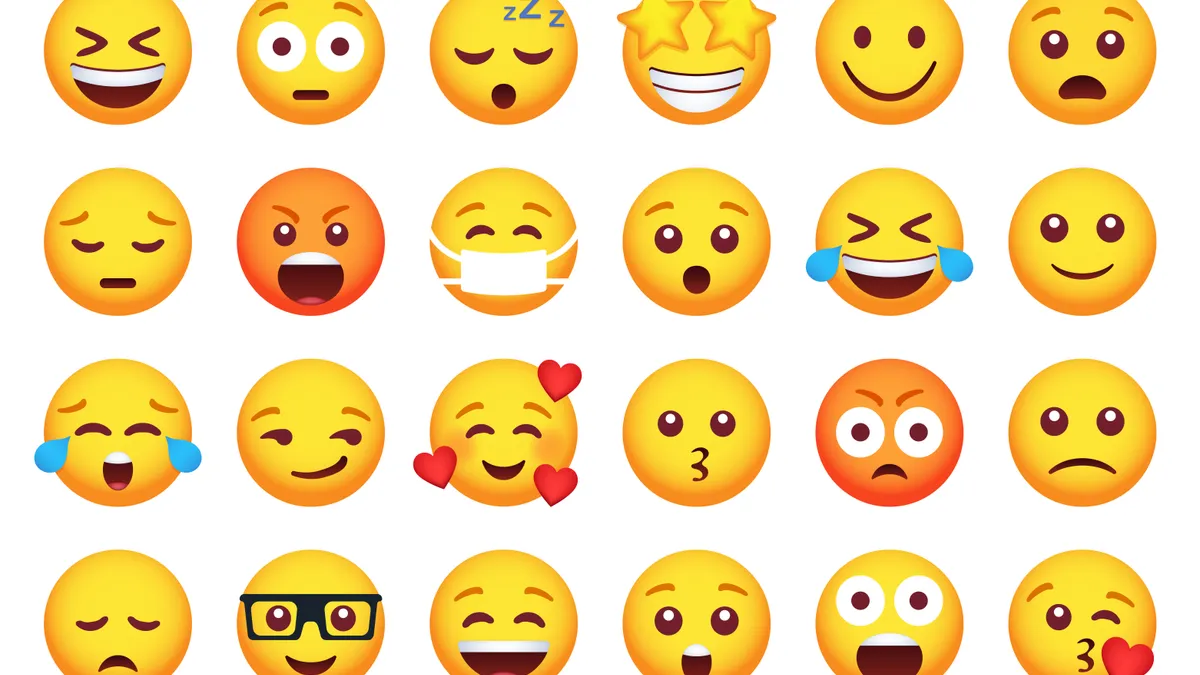A Slack reaction is worth a thousand words.
Workplace communication giant Slack teamed up with language-learning vehicle Duolingo (known in part for its “unhinged” owl TikTok persona) to study global nuances of emoji use, particularly in the workplace. On behalf of the software companies, OnePoll surveyed 9,400 workers from Australia, Canada, China, France, Germany, India, Singapore, South Korea, the U.S. and the U.K. in June 2022. The results? There’s a lot more organizational psychology behind that emoji box than many workers may think.
For people operations managers and HR leads, it’s worth noting that on average, 58% of respondents said using emoji at work allows them to communicate more nuance with fewer words; likewise, 54% said emoji use speeds up workplace communication. The rate was higher with Americans, with 69% and 67% of workers agreeing, respectively.
Some of the July 2022 report findings may be unsurprising. More than half said they usually deploy an emoji when messaging peers; 30% said they never use emojis with their manager. The :tongue: reaction, and the kiss, poop and eggplant emojis are universally off-limits.
But other aspects of emoji usage at work may be less intuitive for global employees who have only worked in one country.
For example, the “slightly smiling face” was mostly read as “feeling happy” (38%) or an emoji indicating “general positivity” (39%) around the world, but some respondents said it denoted “deep exasperation and/or distrust” (14%). More Americans felt this way; less Canadian, Japanese and South Korean interpret that emoji as such. While deep observations on emojis may feel silly to some HR leads, looking out for linguistic challenges can be helpful for HR pros overseeing multicultural workplaces.
Experts previously told HR Dive that, despite the distinct obstacles global people managers face, multilingual workplaces don’t have to be divisive.
In fact, these circumstances can create opportunities for learning. For example, culture leaders can encourage employees to learn about each other’s languages in a light-hearted, personable way. This can look like a formalized process, such as workers signing up to be paired with peers as “language exchange buddies.”
Slack and Duolingo’s survey suggests these kinds of initiatives can be fruitful for belonging. Across the board, 67% of respondents said they feel closer and “more bonded in conversation” when messaging someone who understands the emoji they’re sending.












